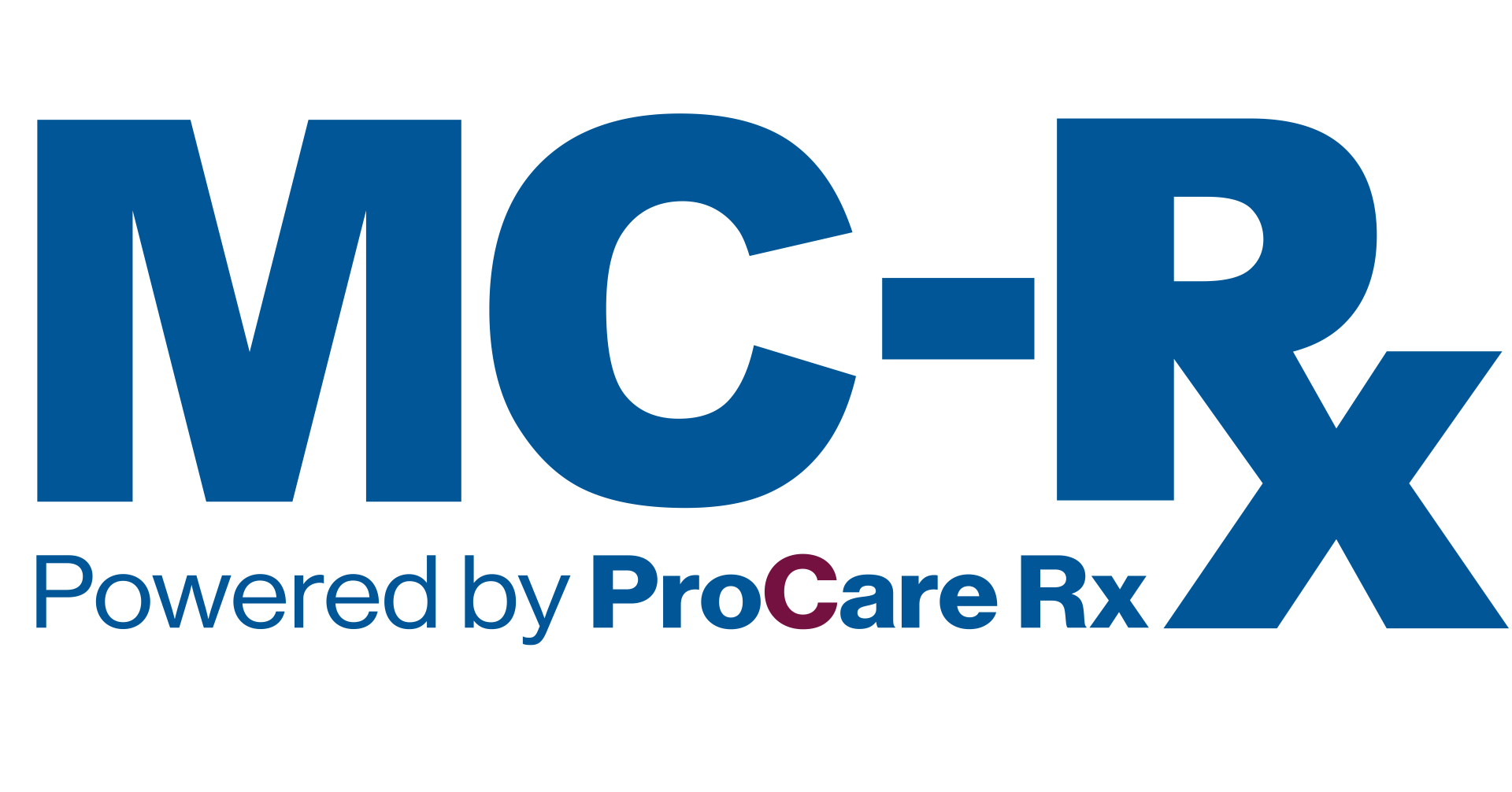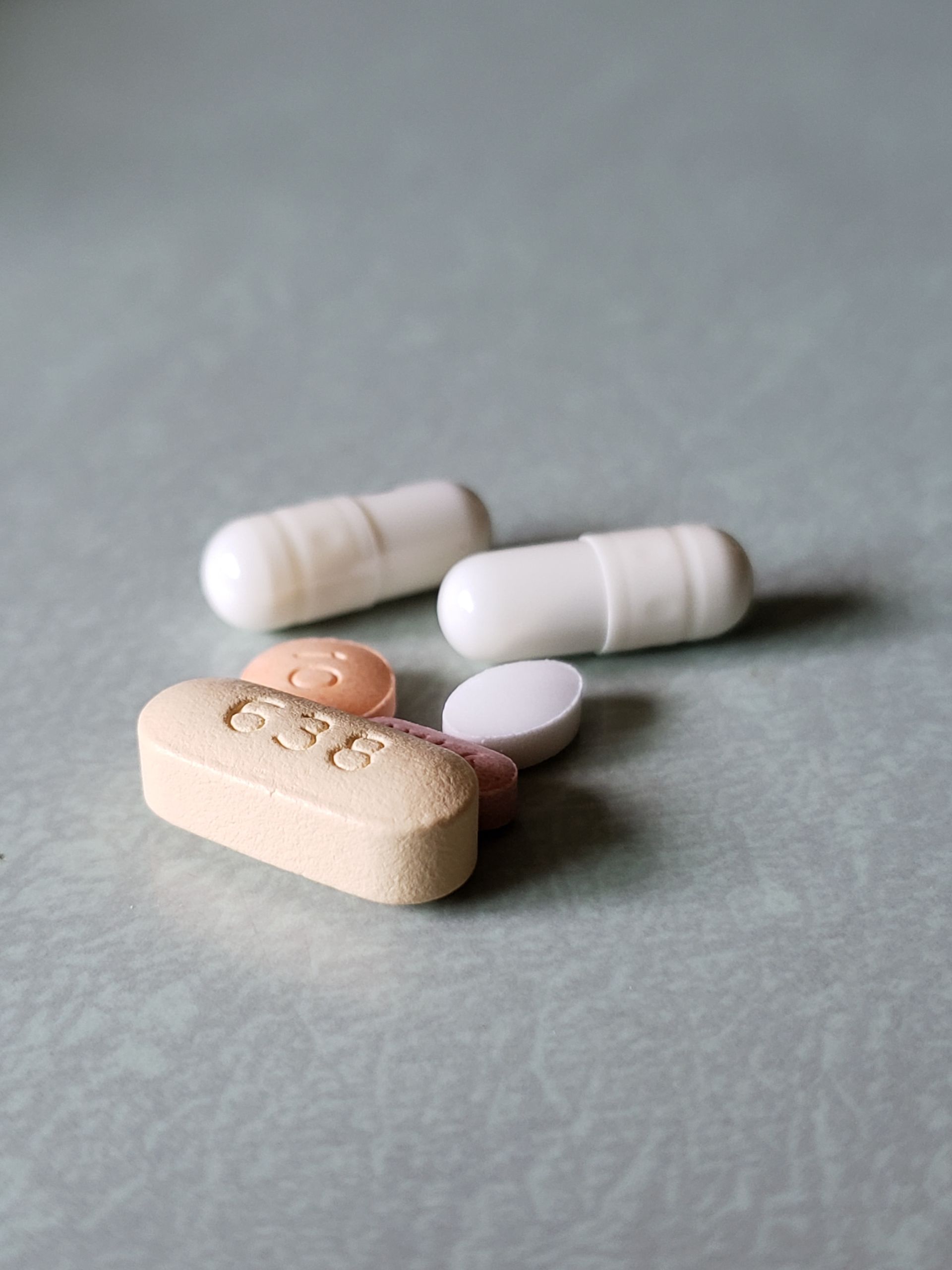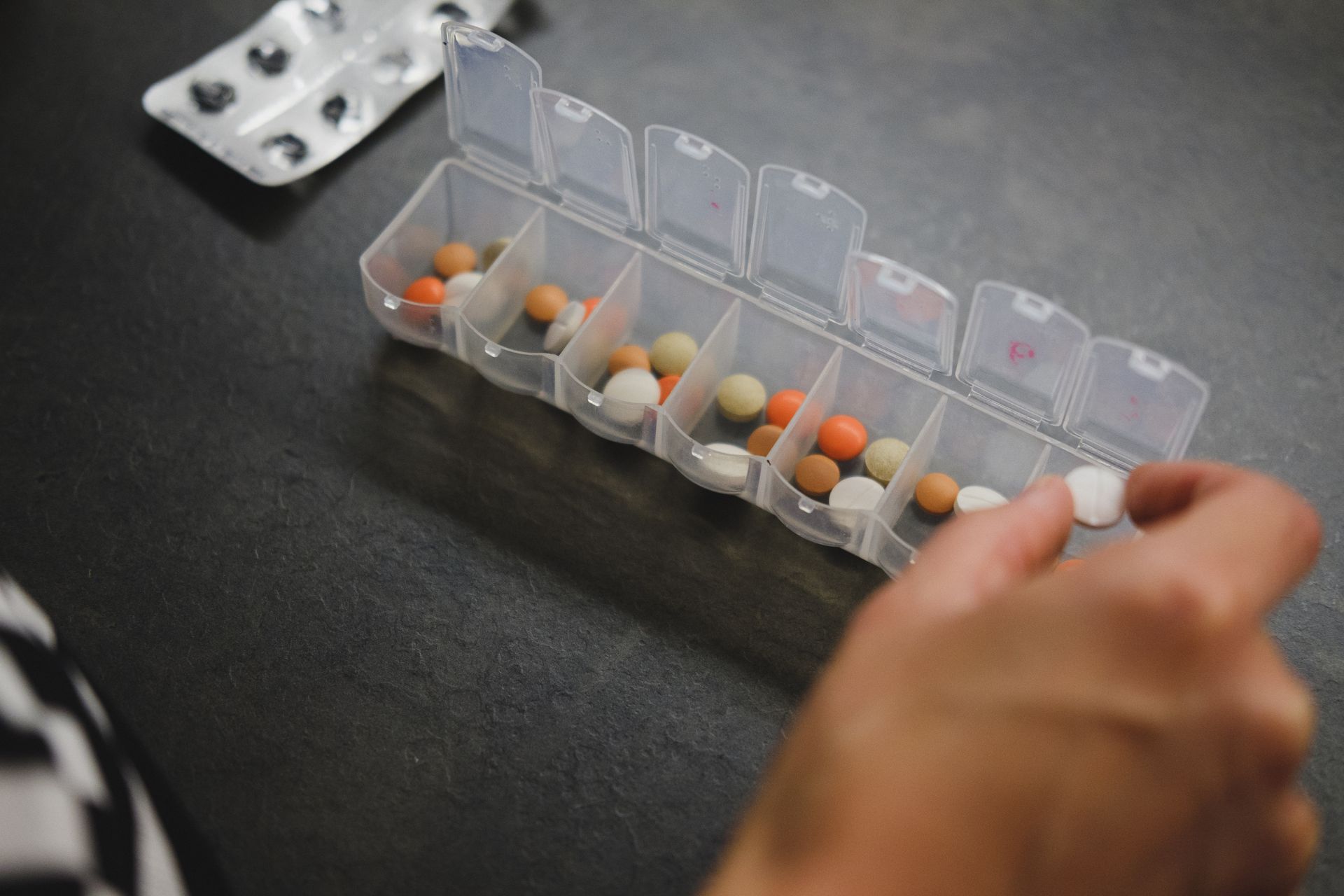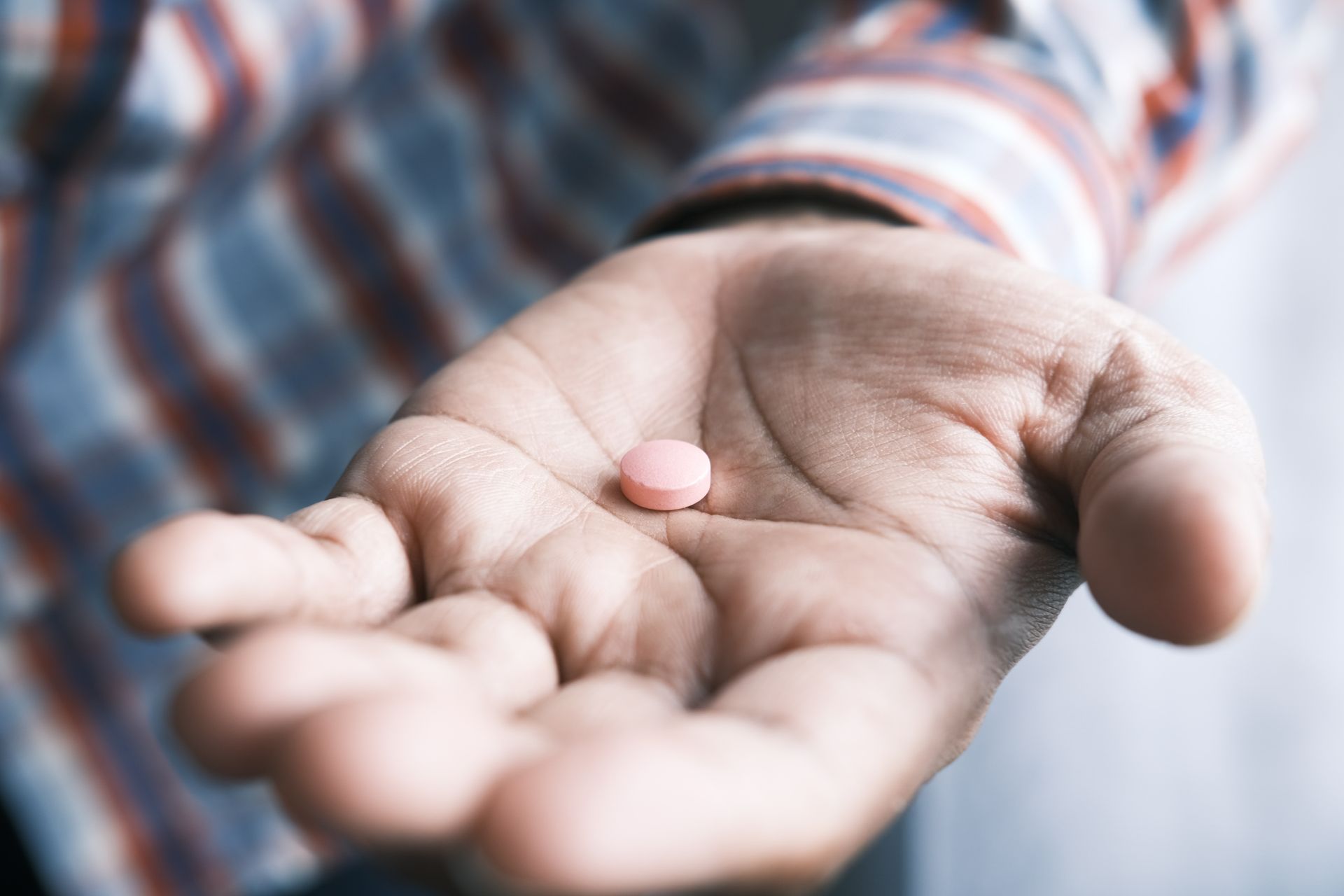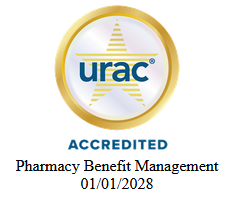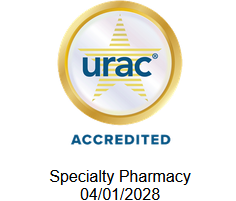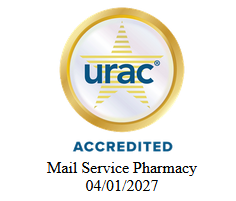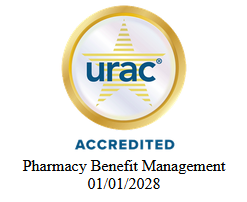Mental Health Parity and Medication Adherence
Mental Health Parity and Medication Adherence
Mental Health and Substance Use Disorders are terms that include a wide variety of concepts. Both include our emotional, psychological, and social well-being. Mental Health affects how we think, feel, and act. It also helps to determine how we handle stress and make choices that will widely influence our future. In the United States, about 1 in 25 adults live with a serious mental illness, such as schizophrenia, bipolar disorder, or major depression. However, in today's world there exists some fear when discussing the diagnosing and equal treatment of both mental health problems and/or substance use disorders. Given the importance of this topic in our society,
a federal law ‘The Paul Wellstone and Pete Domenici Mental Health Parity and Addiction Equity Act of 2008 (MHPAEA)’ was established to ensure and prevent health plans and insurance issuers that provide mental health or substance use disorder benefits from imposing less favorable benefit limitations on those benefits than on medical/surgical benefits.
Equal Treatment for Mental and Physical Health:
The MHPAEA establishes that insurance plans provide mental health benefits equally with medical and surgical benefits. By ensuring equal access to mental health drugs, patients with mental health conditions will be treated without discrimination, fostering a more holistic approach to healthcare.¹
Improving Overall Health Outcomes:
Mental health is completely aligned with physical health. Achieving parity in mental health drug benefits ensures that individuals receive complete medical and pharmaceutical care to improve their quality of life.¹
Preventing Barriers to Treatment:
By providing the same mental health drug benefits that are provided with other health treatments, the burden on seeking mental health care is reduced. This promotes affordability and accessibility, allowing patients to receive the medications needed without facing additional barriers to access. ¹
Enhancing Treatment Adherence:
Ensuring that the Mental Health Parity and Addiction Equity Act is applied correctly is crucial for the wellbeing of our society. When applied correctly, adherence is promoted by assuring equal access to mental health treatments – an important factor in the success of a treatment plan. It allows patient and healthcare providers to conduct an accurate assessment of how well a drug works as a treatment plan. If patients do not take their medication consistently and as directed, they won’t truly know if it can help relieve symptoms or not. For example,
antidepressants usually require daily administration for two or more weeks in order to be effective in improving symptoms.³ Poor adherence to these medications may lead to detrimental effects in a person suffering from depression.
Pharmacy Benefit Managers (PBMs) work closely with health insurance plans to include multiple treatment options and medical services needed to preserve mental health. At MC-Rx, treatments for all disease states are evaluated by a multidisciplinary pharmacy and therapeutics committee. Formulary inclusion processes and utilization management strategies are applied equally and at parity to mental and physical health medications based on clinical, safety, and cost-effectiveness data. Via the optimal inclusion of mental health treatments in drug formularies, at MC-Rx, we make sure that the Mental Health Parity and Addiction Equity Act is always applied to pharmacy benefits – patient well-being and mental health is of utmost importance. Medication adherence will ensure the best possible outcomes; this is why it is so important that patients always consult their pharmacist or physician on how to be adherent and how to keep track of their treatment. To provide the best pharmaceutical and patient care, MC-Rx provides educational materials and interventions focused on health and well-being that help patients achieve excellent quality of life – including good mental health.
References:
1. The Mental Health Parity and Addiction Equity Act (MHPAEA). CMS.gov. (n.d.).
https://www.cms.gov/marketplace/private-health-insurance/mental-health-parity-
addiction-equity
2. Centers for Disease Control and Prevention. (2023, April 25). About mental health.
Centers for Disease Control and Prevention.
https://www.cdc.gov/mentalhealth/learn/index.htm
3. Gillotte, A. (2022, December 14). Medication adherence: Why it’s important to patients.
Genomind. https://genomind.com/patients/medication-
adherence/#:~:text=%E2%80%9CTaking%20your%20medication%20the%20right,end%
20up%20in%20the%20hospital.%E2%80%9
4. RefereAcma. (2023, April 19). Understanding the role of the PBM. Prior Authorization
Training. https://www.priorauthtraining.org/understanding-the-role-of-the-
pbm/#:~:text=PBMs%20are%20responsible%20for%20determining,use%20the%20most
%20effective%20treatments



